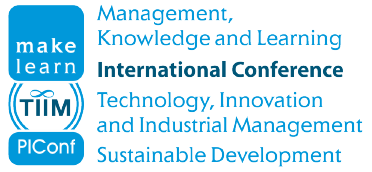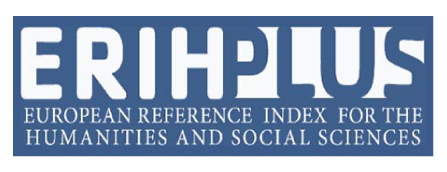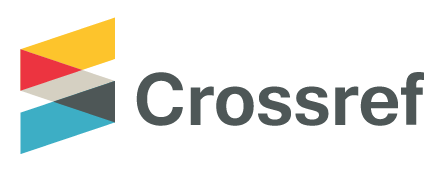Digital Transformation of Companies in the Western Balkans
DOI:
https://doi.org/10.53615/10.53615/2232-5697.14.387-398Keywords:
digital transformation, digitalization, companies, digital world, Western BalkansAbstract
Purpose: The purpose of this research is to assess the state of digital transformation among companies in the Western Balkans and identify key opportunities and barriers. The study aims to inform strategies that enhance competitiveness, support sustainable development, and facilitate closer integration with the European Single Digital Market.
Study design/methodology/approach: The methodology is a comparative, indicator-based assessment of digital transformation in the Western Balkans, combining statistical data, policy analysis, and a focus on SMEs and national strategies.
Findings: The study reveals pronounced disparities in digital transformation across the Western Balkans, with Croatia and Slovenia approaching EU benchmarks, while Albania, Bosnia and Herzegovina, and North Macedonia continue to lag due to limited digital skills and underdeveloped infrastructure. Strengthening human capital, enhancing business adoption of digital tools, and reinforcing supportive policy frameworks are critical for advancing competitiveness and fostering deeper integration into the European digital single market.
Originality/value: This paper contributes to the literature by providing a comparative, indicator-based analysis of digital transformation in the Western Balkans, a region that remains underexplored. It offers original insights into the role of SMEs, structural barriers, and policy frameworks, highlighting how digitalization can enhance competitiveness, promote sustainable development, and facilitate integration into the European single digital market.
Downloads
Downloads
Published
License
Copyright (c) 2025 Teodora Kelečević, prof. dr. Dušan Lesjak

This work is licensed under a Creative Commons Attribution-ShareAlike 4.0 International License.
















